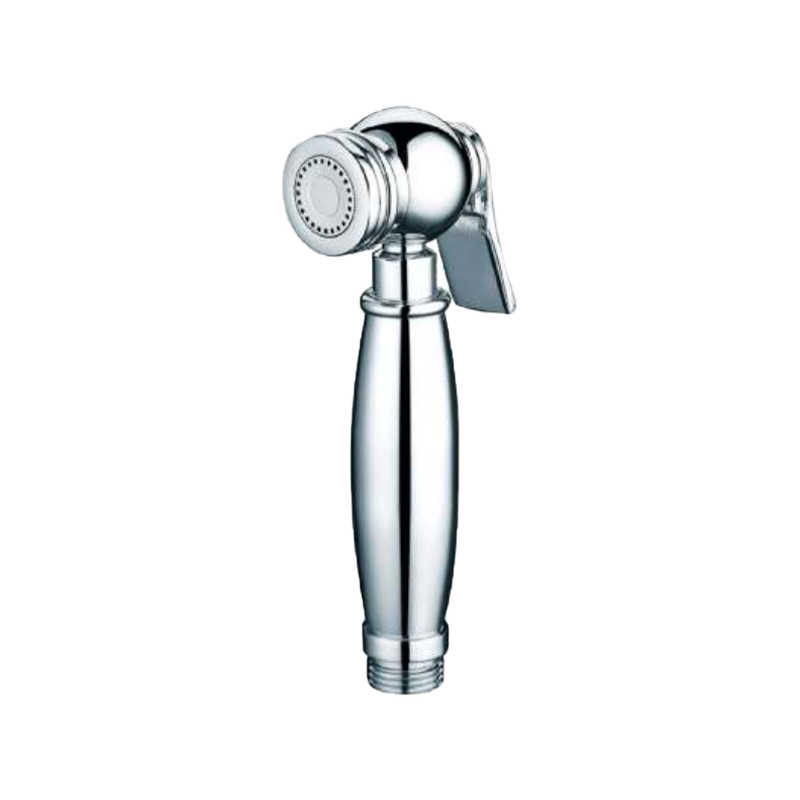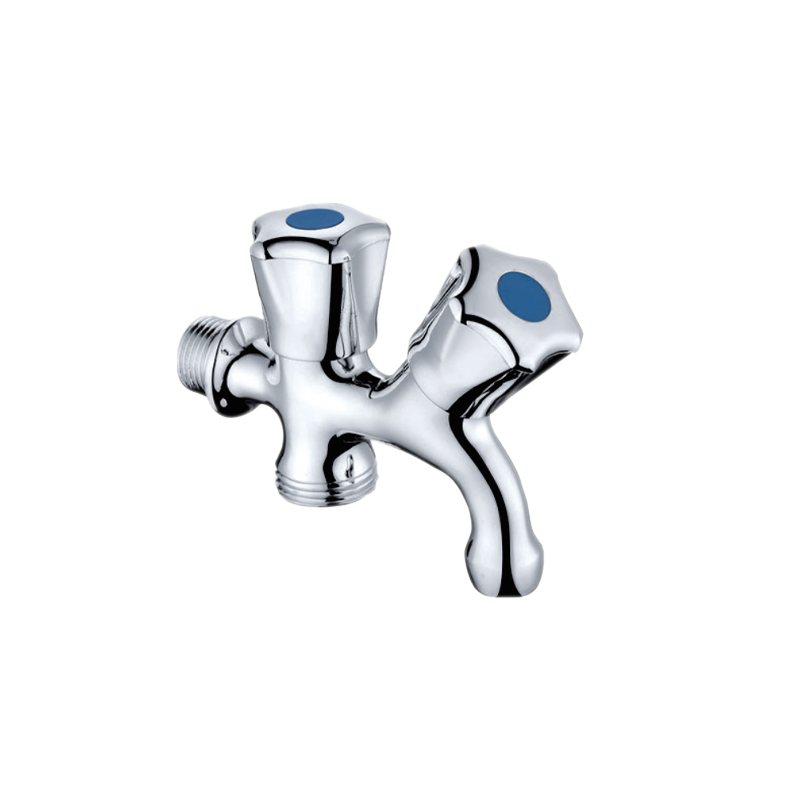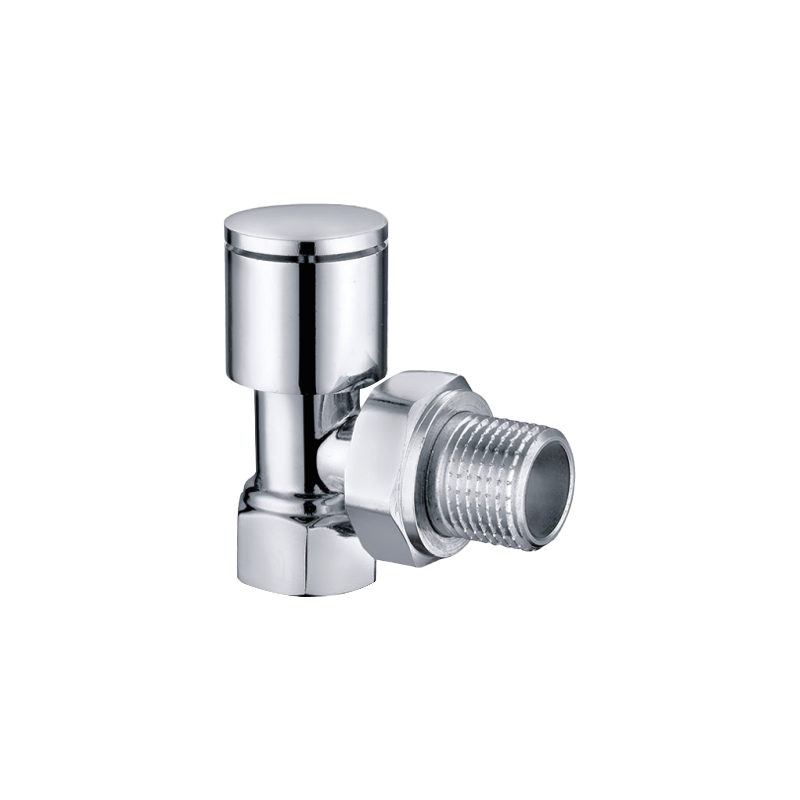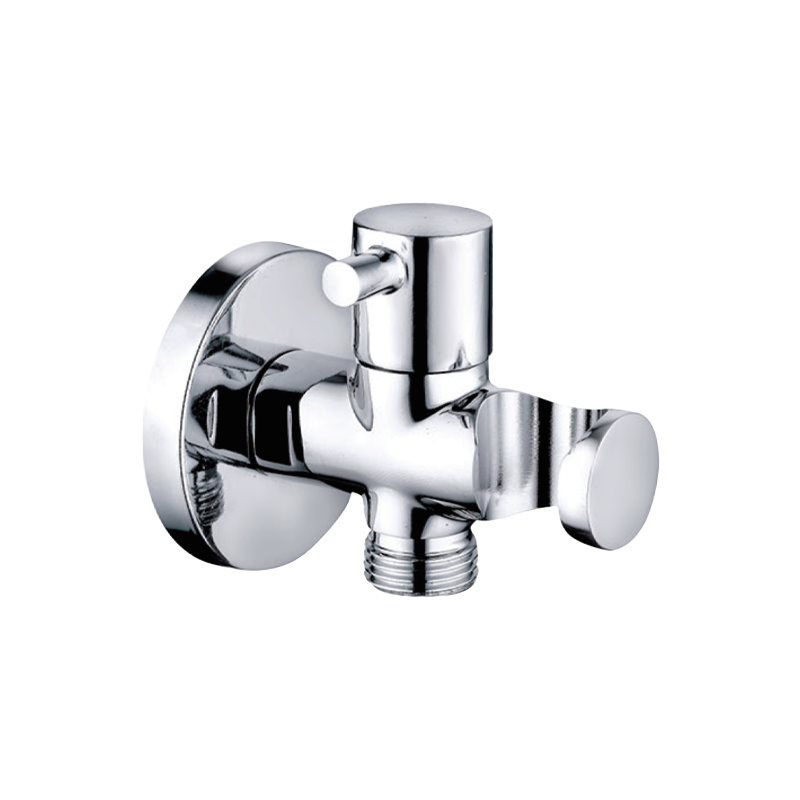Ball valves are fundamental components in plumbing systems, allowing for the control and regulation of fluid flow. Among the various types of ball valves available, those made of brass are highly regarded for their durability, corrosion resistance, and versatility. Brass ball valves find applications in a wide range of industries, including plumbing, oil and gas, manufacturing, and agriculture, among others.
1. Full Port Brass Ball Valves:
Full port brass ball valves, also known as full bore valves, feature an unrestricted flow path through the valve body, maintaining a consistent inner diameter throughout. This design minimizes pressure drop and provides maximum flow capacity. Full port brass ball valves are often preferred for applications where high flow rates are required, such as in industrial processes or large-scale irrigation systems. The larger internal diameter of these valves allows for efficient movement of fluids, ensuring minimal energy loss and optimized system performance.
2. Standard Port Brass Ball Valves:
Standard port brass ball valves, also known as reduced bore valves, have a smaller inner diameter compared to full port valves. The flow path through these valves is restricted, resulting in slightly higher pressure drops compared to their full port counterparts. Standard port brass ball valves are commonly used in applications where precise flow control or moderate flow rates are desired. These valves are suitable for a wide range of residential and commercial plumbing applications, as well as in HVAC systems, water treatment plants, and other medium-sized pipelines.
3. Three-Way Brass Ball Valves:
Three-way brass ball valves feature three ports, typically arranged in an L- or T-shaped configuration. These valves allow for the diversion or mixing of flows between different lines, providing versatile control over fluid distribution. The L-shaped three-way valves typically have two ports along the same side, while the T-shaped valves have a common port and two ports on opposite sides. Three-way brass ball valves find applications in systems that require the redirection of flow, such as in chemical processing plants, heating systems, or irrigation networks with multiple zones.
4. Miniature Brass Ball Valves:
Miniature brass ball valves are compact in size, typically ranging from 1/4" to 1/2" in diameter. These small-sized valves offer precise control over fluid flow, making them suitable for applications that demand fine adjustments or limited flow rates. Miniature brass ball valves are often used in laboratory equipment, small-scale pneumatic systems, medical devices, and other delicate applications. Their compact design and reliable performance make them an ideal choice in situations where space is limited or where precise flow control is critical.
5. Compression Brass Ball Valves:
Compression brass ball valves feature a compression fitting on one or both ends of the valve body. These valves are designed for easy installation and are well-suited for applications that require a secure and leak-free connection without the need for additional tools or soldering. Compression brass ball valves are commonly used in residential plumbing systems, including under-sink applications, toilets, and water supply lines. Their simple and reliable compression fittings ensure a tight seal, minimizing the chances of leaks and reducing installation time and effort.
6. Threaded Brass Ball Valves:
Threaded brass ball valves have threaded connections on both ends of the valve body, allowing for easy installation into a piping system. These valves use male threads (external) or female threads (internal) to create a secure and leak-proof connection. Threaded brass ball valves are versatile and can be used in a wide range of applications, such as residential and commercial plumbing, industrial processes, and agricultural systems. The threaded connections make them compatible with various pipe materials, including brass, copper, stainless steel, and plastic.
7. Flanged Brass Ball Valves:
Flanged brass ball valves feature flanged connections on both ends of the valve body. Flanges are flat rings with holes that allow for the easy bolting of the valve to mating flanges in a pipeline. Flanged brass ball valves are commonly used in applications that require a sturdy and reliable connection, such as high-pressure or high-temperature systems. These valves provide a tight seal, ensuring leak-free operation even in demanding environments. Flanged brass ball valves find applications in industries such as oil and gas, chemical processing, water treatment, and power generation.

 English
English 中文简体
中文简体


.png)




